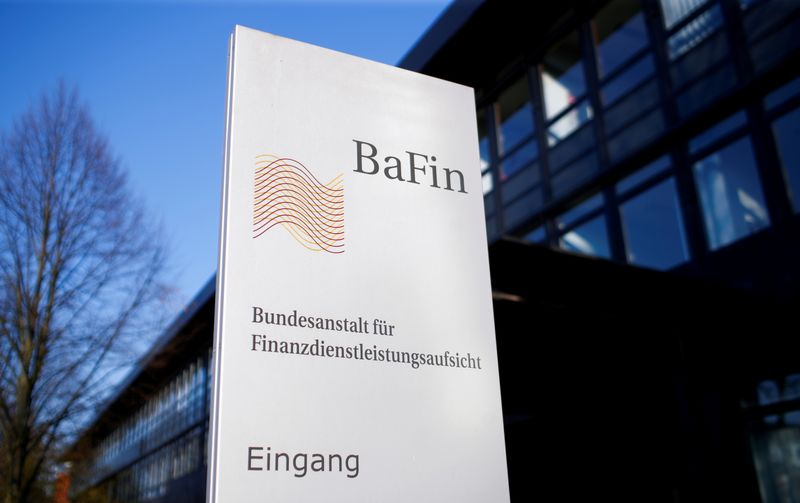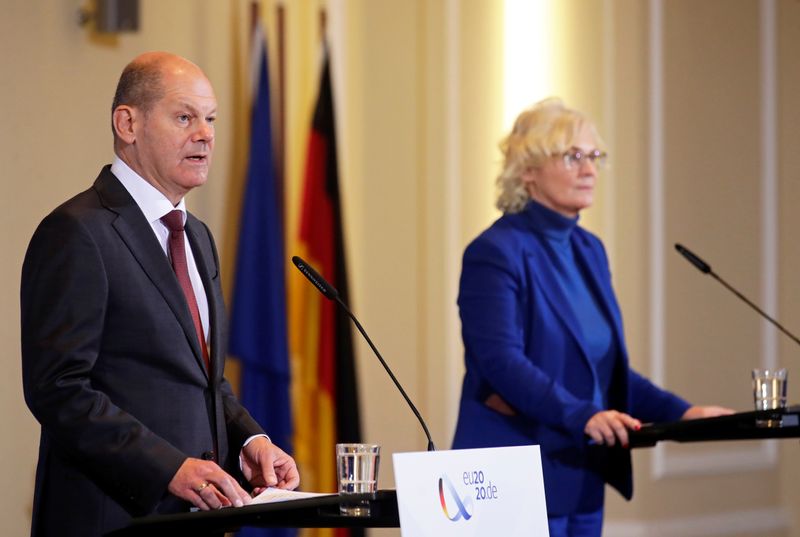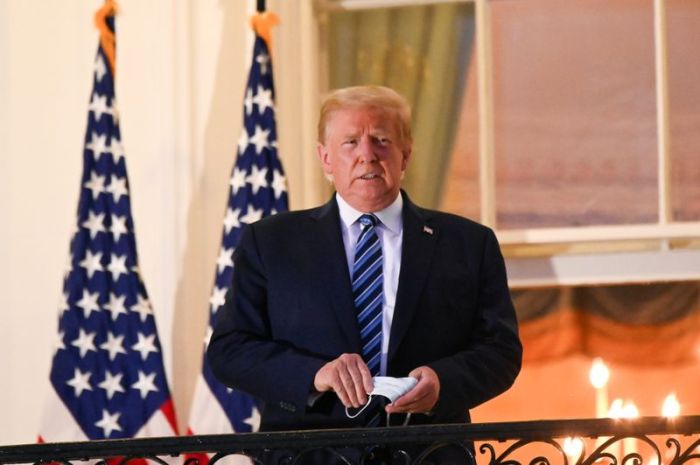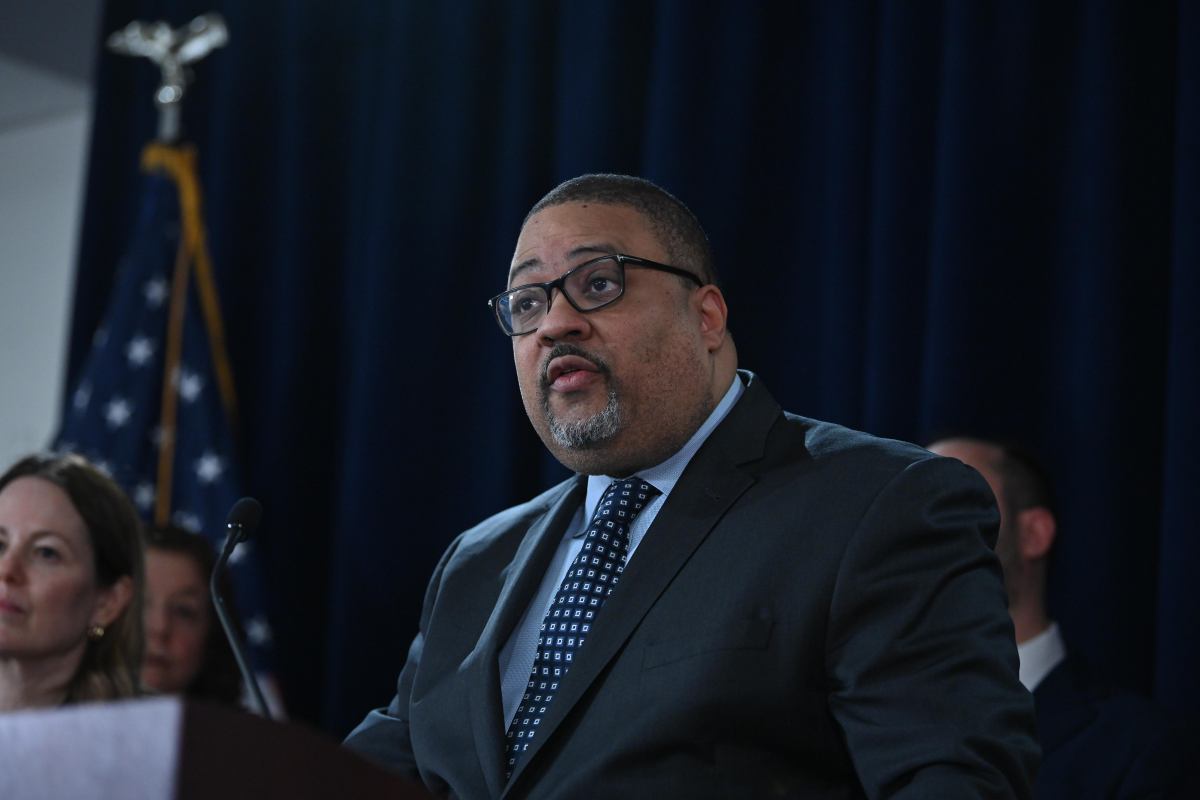BERLIN (Reuters) – Germany’s coalition government agreed a package of reforms to financial and accounting rules aimed at avoiding another Wirecard scandal on Wednesday, but opposition lawmakers said it lacked detail on scope and timing.
Finance Minister Olaf Scholz and Justice Minister Christine Lambrecht from the Social Democrats (SPD) said the reform plan had been agreed with the conservative-led chancellery and economy ministry, confirming an earlier Reuters report.
Lawmakers have launched a parliamentary inquiry in an effort to force the government to reveal more about the failure to avert Germany’s biggest post-war corporate fraud, pressuring Scholz who is the SPD candidate to replace Chancellor Angela Merkel in next year’s federal election.
Presenting the plan a day before the first session of the inquiry, Scholz said the reforms should help restore trust in Germany as a business and investment location.
“We want the BaFin watchdog to have more bite,” Scholz said.
The coalition has agreed to extend BaFin’s powers to include the right to get information from third parties, to conduct forensic investigations, and to inform the public at an early stage about its actions on balance sheet control.
But Danyal Bayaz, finance spokesman for the opposition Greens, said the government’s plans were disappointing.
“Olaf Scholz is trying to present himself as the master of transparency by pretending he is on top of things – just one day before the start of the parliamentary inquiry,” Bayaz said.
To avoid conflict of interest, Berlin wants to strengthen the independence of auditors by introducing a duty to switch external auditors every 10 years, the plan seen by Reuters said.
“We’ll also sharpen the separation between auditing and consulting in companies of public interest,” it read.
Lambrecht said she wanted to toughen legislation so that auditors can be made liable in civil law suits more easily.
In addition, Berlin aims to improve oversight at a European Union level as part of efforts to harmonize the bloc’s capital market, with the Securities and Exchange Commission (SEC) in the United States as a role model.
(Reporting by Michael Nienaber; Additional reporting by Christian Kraemer; Editing by Riham Alkousaa and Alexander Smith)




























